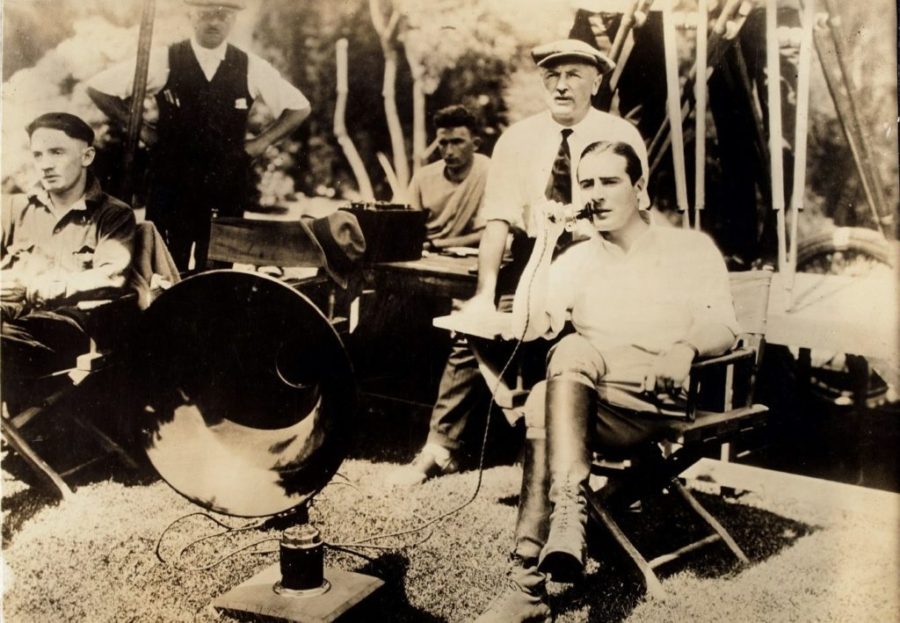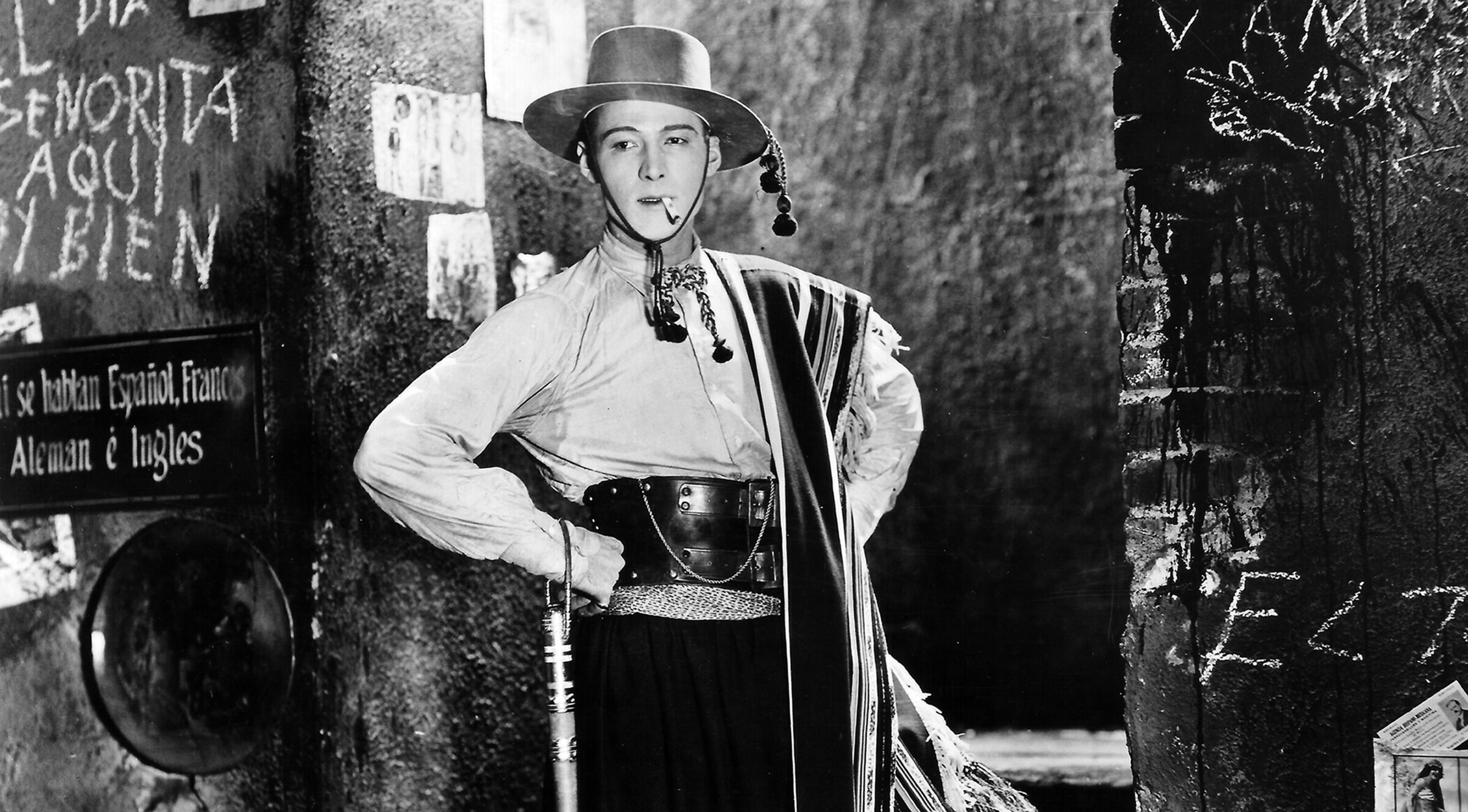
Rex Ingram is the greatest silent film director to convert to Islam
Even if you study history, you have probably never heard of Rex Ingram. Meanwhile, this Irish director was one of the pillars of silent cinema. He was so outstanding that he has his own star on the Hollywood Walk of Fame, and director Erich von Stroheim once called him “the greatest director in the world.”
Reginald Ingram Montgomery Hitchcock, who later became known as Rex Ingram, was born on January 18, 1893 in Dublin. His father, the Reverend Francis Hitchcock, was rector of the Church of Ireland. In 1911, at the age of eighteen, the young man emigrated to the United States. His first and only formal art education was at the Yale School of Fine Arts, where he studied with Lee Laurie. A chance encounter with Charles Edison, the son of an inventor, introduced him to the early New York film industry, and he dropped out for the screen. Rex’s good looks guaranteed him roles in front of the camera, but he was more interested in writing and directing. Taking the last name of his late mother Ingram, he soon took a step towards directing, filming his first film in 1916. It was the romantic drama The Great Problem. Other films followed. The 1920s saw the heyday of Rex Ingram, when he was considered one of the best directors in Hollywood. His most famous work was The Four Horsemen of the Apocalypse, filmed in 1921. This tape in 1995 was selected by the Library of Congress for preservation in the United States National Film Registry.

A scene from the movie “The Four Horsemen of the Apocalypse” / Source: silentfilm.org
Always restless and inclined to resist authority, Rex fell out with film mogul Louis Bart Mayer and fled to Nice, where he settled in the Victorine studio. His films during this period provide an excellent insight into the city and its surroundings, including Monaco, including Our Sea (1926) and Somerset Maugham’s adaptation of The Wizard (1926) , among others . It is believed that around this time he became interested in Islam. According to one version, he became a Muslim in 1927, when he was shooting the film “The Garden of Allah”.
Rex Ingram has always been interested in Arab culture. The director was an art collector, and the walls of the Hollywood bungalow in which he lived were hung with paintings, many of which were romantic depictions of Arab life by French Orientalist painters, including the likes of Nasreddin Dine , Horace Vernet, and Theodore Chasseriot. In 1934, he allegedly donated his collection of Arabic art to a museum in Cairo. Several of Rex Ingram’s films, such as The Arab, The Garden of Allah, Barud, are based on North African motives. Following the publication of Lawrence of Arabia’s memoir, The Seven Pillars of Wisdom, Ingram wrote to the author, and the two men began to correspond, drawn together by their love of the desert and a common Irish descent.

Rex Ingram (left) with his wife Alice Terry and actor Ramon Novarro on the set of The Arab (1924) / Source: Getty Images
With the advancement of technology and the advent of the era of sound, Rex lost interest in filmmaking. “When sound appeared in 1928, the transition to sound and color was bad for him. He didn’t like it. He was unable or unable to keep up with the changes in the film industry, ”writes Trinity College Dublin professor Dr. Ruth Barton, author of Rex Ingram: The Visionary Director of the Silent Screen. Rex Ingram went straight from Nice on a trip to North Africa. Following his heart, he converted to Islam and spent many years alone, traveling in North Africa, writing, painting and sculpture. Ruth Barton writes of this period: “He disguised himself as an Arab, spoke Arabic, traveled with tribes and sheikhs, and led an incredible life.”
Due to illness, Rex Ingram was forced to return to America and settled in California, where he died at the age of only 57.

Rex Ingram and his adopted Tunisian son Cada (1924) / Source: Getty Images
Islamosphere

